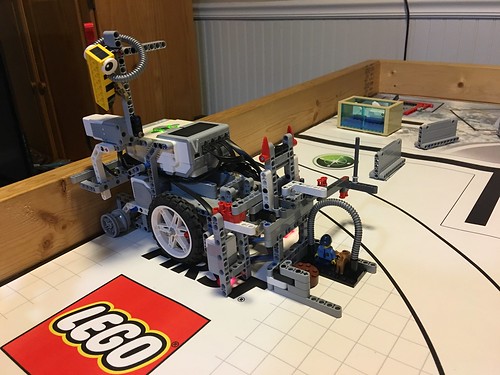One of the holy grails of artificial intelligence has always been development of stand-alone tutoring systems. Bots that will help students learn without any of that pesky human interaction.
However, an IBM scientist who spent years trying to build one using the company’s high-profile Watson AI tool, says “we’ll have flying cars before we will have AI tutors.”
He says his team spent about five years trying, and along the way they helped build some small-scale attempts into learning products, such as a pilot chatbot assistant that was part of a Pearson online psychology courseware system in 2018.
But in the end, Nitta decided that even though the generative AI technology driving excitement these days brings new capabilities that will change education and other fields, the tech just isn’t up to delivering on becoming a generalized personal tutor, and won’t be for decades at least, if ever.
Which doesn’t mean education experts like Sal Khan won’t continue predicting that “A.I. chatbots would soon revolutionize education”.
“We’re at the cusp of using A.I. for probably the biggest positive transformation that education has ever seen. And the way we’re going to do that is by giving every student on the planet an artificially intelligent but amazing personal tutor.”
Ah, yes, “personalized” learning. An idea rich people have been throwing money at, and smart people have been developing, for longer than I’ve been alive.
Anyway, many of the tutorial products being marketed as powered by AI, like the one from Khan Academy, are based on ChatGPT. Which, of course, is a system that has had plenty of issues in its relatively short life.
So, if we’re not getting robot teachers any time soon, where does AI fit in the future of teaching and learning? Satya Nitta, the now-former IBM scientist, has an idea.
To Nitta, the stronger role is to serve as an assistant to experts rather than a replacement for an expert tutor. In other words, instead of replacing, say, a therapist, he imagines that chatbots can help a human therapist summarize and organize notes from a session with a patient.
“That’s a very helpful tool rather than an AI pretending to be a therapist,” he says. Even though that may be seen as “boring,” by some, he argues that the technology’s superpower is to “automate things that humans don’t like to do.”
I suspect he’s right. AI will not replace teachers, and others who work with the needs of people. It will instead free up for time for them to better address the needs of their students.
Because learning is and always will be a human process, not a robotic one.
I suspect most kids will gain far more from building and programming their own robots, like the one in the photo, instead of interacting with robotic tutors.

Leave a Reply